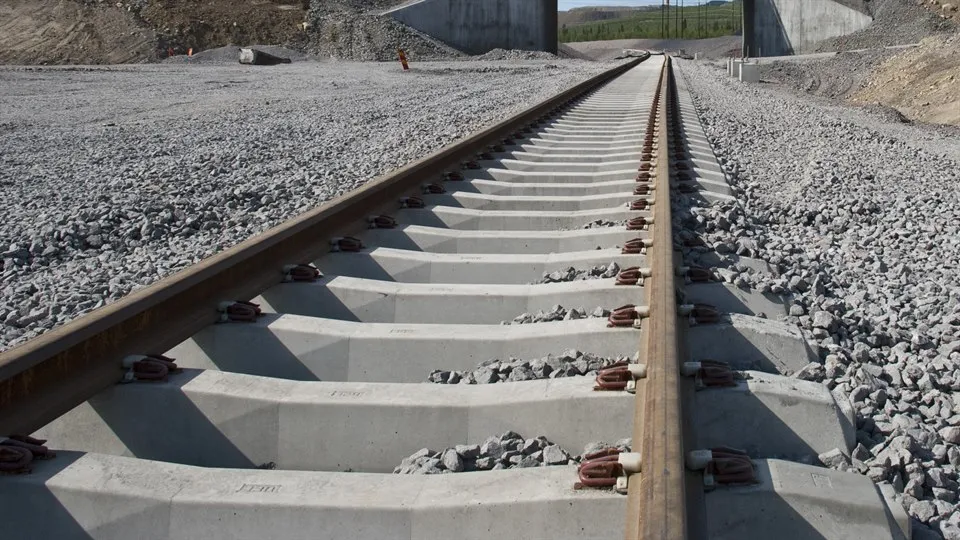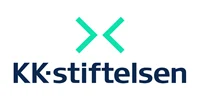Embedded Deep Learning Systems ‑EDGY
In the current stage of the industrial evolution, automation has become a key component for industries to thrive, and at the core of it we have Artificial Intelligence (AI) as a driving force.
Under this perspective, Deep Neural Networks have gained significant research interest that enable the deployment of such complex and highly demanding algorithms in a variety of scenarios. Current approaches mainly rely on the deployment of these algorithms in a cloud that has extensive computational and memory capacity to meet their requirements. However, novel contexts such as Smart City, Industrial IoT and autonomous vehicles require the deployment of these algorithms closer to the IoT node, if not in the smart sensor node itself, while the node is resource and energy constrained.
As a result, many optimisation methods for DNNs are being developed such as parameter quantisation, number representations and hardware accelerators, focusing mainly on the reduction of the computational requirements. However, DNN algorithms consist in high volume of memory operations, hence the optimisation in computational requirements is not necessarily reflected in a reduction of the energy consumption.
In this project we focus on the problem of energy efficient deployment of DNN-based IoT node, by analysing this problem from a wider perspective that also includes the communication requirements in the analysis. We consider node offloading as an approach that would facilitate the deployment of the DNN in an IoT context, by partitioning the DNN between the smart sensor node and the cloud.
The aim is to develop a design space exploration method that enables the user to identify the ideal partitioning point where the node energy consumption reaches its optimal point as a combination of the computational and communication workload.
To achieve this, we will analyse the trade-offs of several DNN optimisation techniques, and their inter-effects with different wireless communication technologies. By developing such a method our scope is to facilitate the design space exploration of DNN's in resource constrained IoT nodes.
Facts
Project period
220301—240229
Partners
Research centers
Subjects
Project leader

Project members





